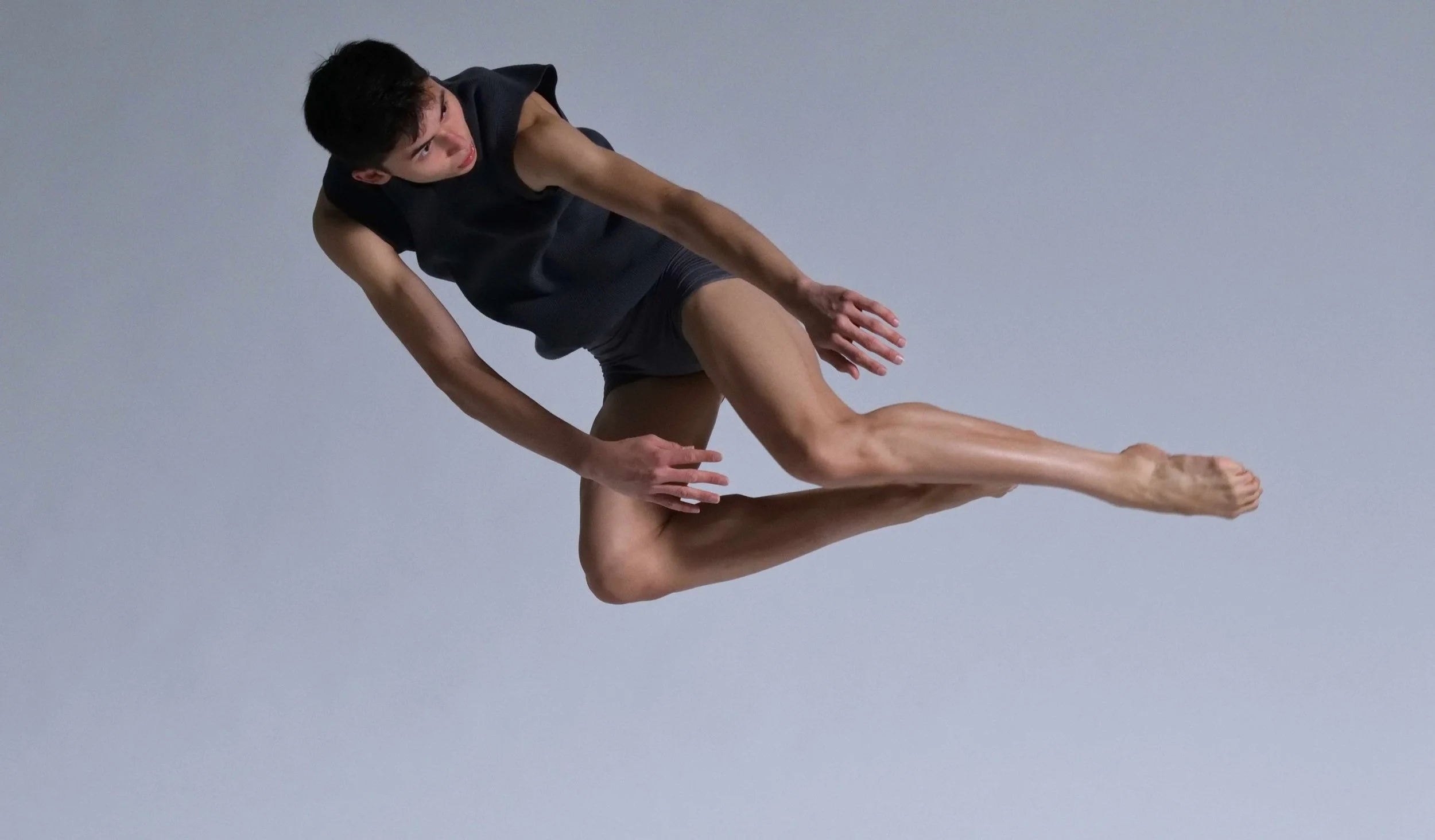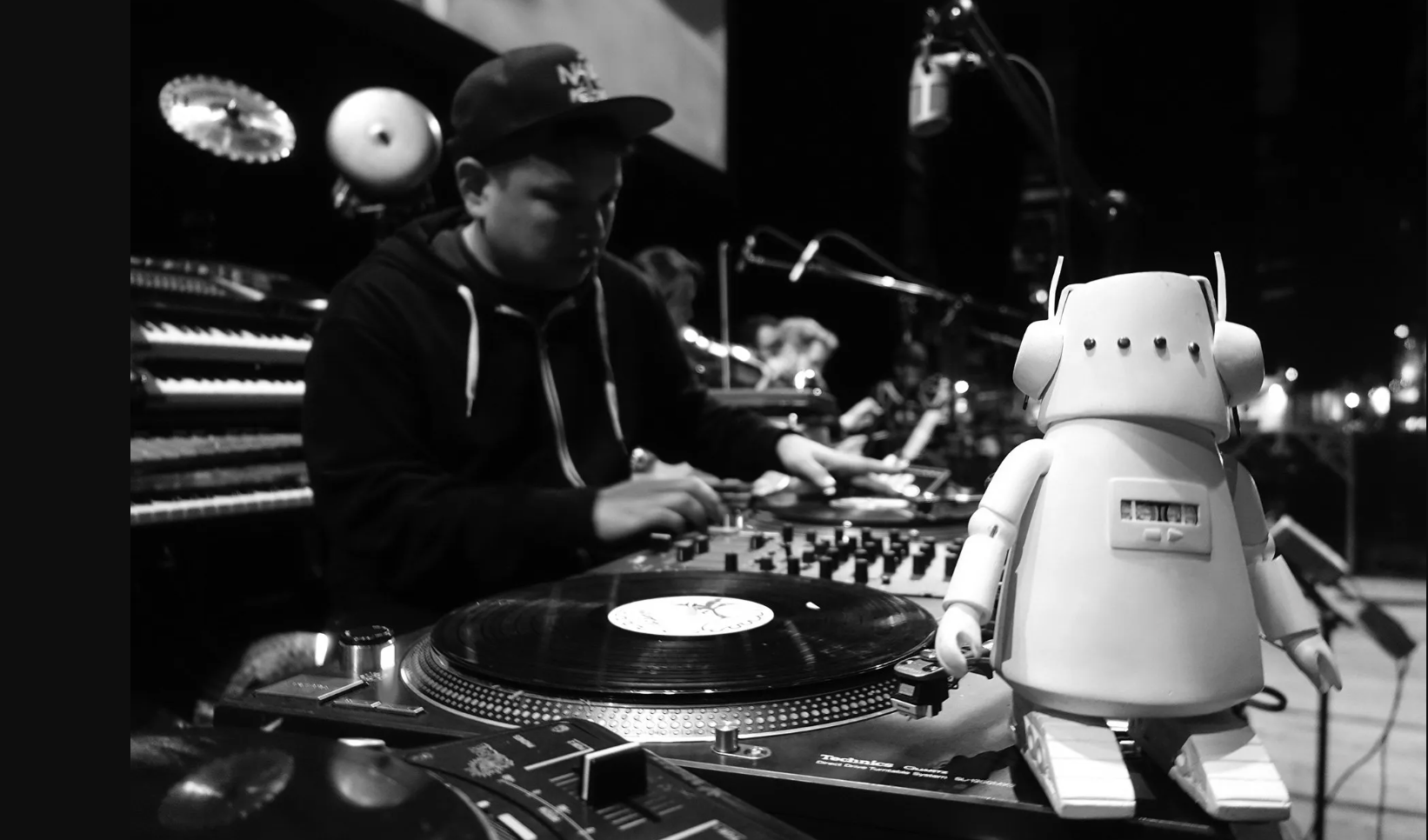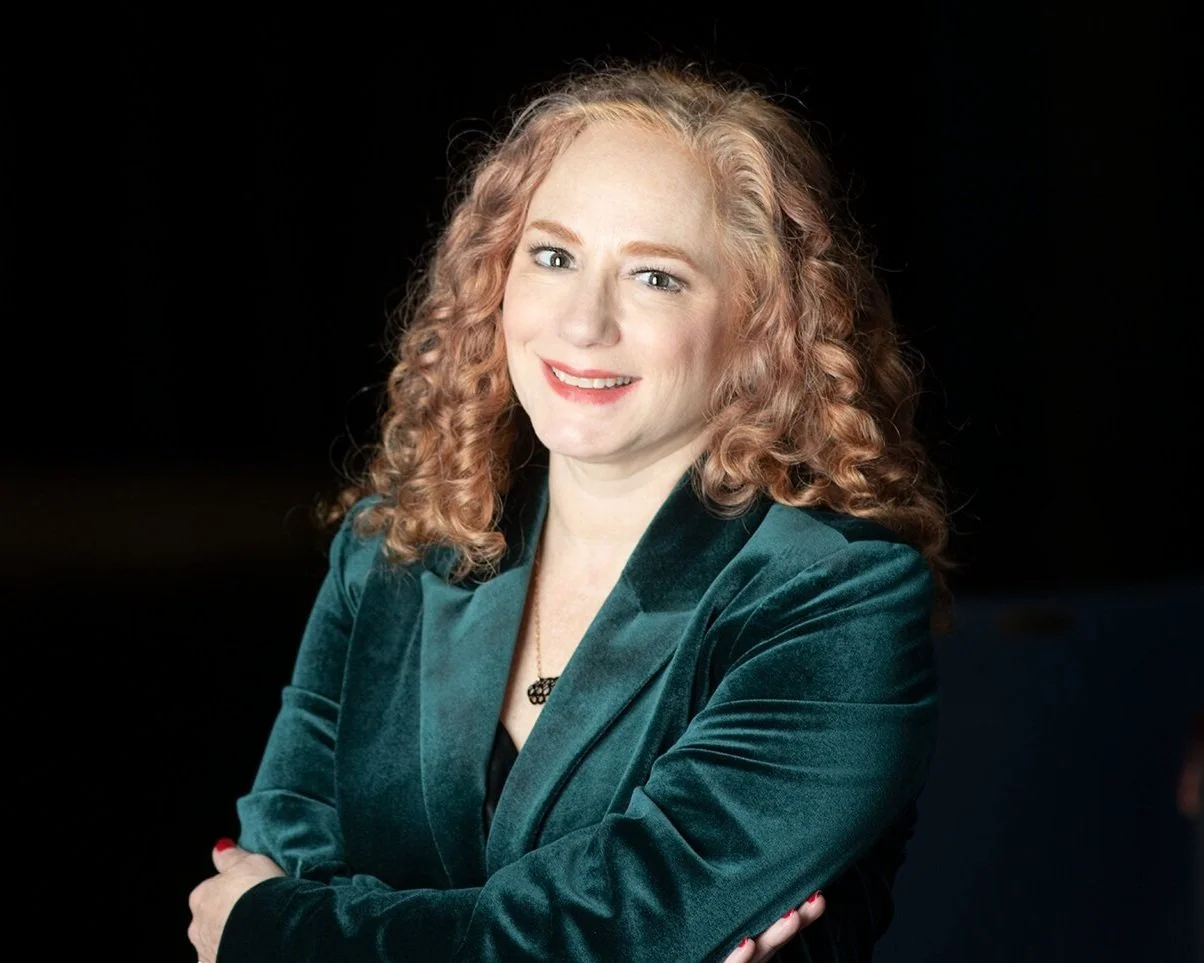Dancer Hiromoto Ida shares love letter to his mother at Vancouver's Powell Street Festival
The Nelson artist created Homecoming 2020 , a solo, while missing his Tokyo-based mom during the pandemic
Hiromoto Ida, Homecoming 2020.
Powell Street Festival presents Homecoming 2020 by Hiromoto Ida on July 30 from 2:15 to 2:45 pm at the Firehall Arts Centre
HIROMOTO IDA STUDIED drama and performance in his native Tokyo, working at a bar part-time to help support himself as an actor, before delving into dance upon his move to Vancouver in 1987. While performing with Karen Jamieson Dance Company at events like Dancing on the Edge and Ottawa’s Canada Dance Festival, he kept up his acting career. His leading role in the 1994 film Tokyo Cowboy won the People’s Choice Award at Vancouver International Film Festival, while he was nominated for a Jessie award for best supporting actor in the 1997 play Serpent Kills.
The multidisciplinary artist is now based in Nelson, where he runs Ichigo-Ichieh Dance and continues to act, with recent appearances including The Man in the Castle, Midway, and Origin, among others. In advance of his upcoming performance at the 2022 Powell Street Festival, Ida tells Stir that his experience as an actor informs his work as a dancer, and vice versa. He admits, however, that early on in his work with various dance artists, he didn’t necessarily understand the choreographic process.
“Dancers approach things totally different than theatre actors,” Ida says by phone. “In theatre, you sit and talk about this character or scene, and if you ask something like, ‘Why does he stand up suddenly?’, there’s always a reason. When I started dancing, there was no such thing. It’s more about images. Most people just start with an image, and they’re not sure about it, but during the process they get clear about their image, and they try to transfer that image to the dancer.
“At first, with that process, I would sometimes ask, ‘Why do I jump here five times?’ They would say, ‘That’s so “actor”! You just do it. There is no why,’” he says. “When I’m acting, I really have to become that person. Dealing with those ideas has been a pretty interesting experience.”
Moving to Nelson in 2000, Ida began choreographing his own pieces for Ichigo-Ichieh Dance, formed in 2006. Many of his works, including Please Dad, SENTAK, KESSA, and The Gift have been performed at international dance festivals. Appointed the City of Nelson’s 2012 cultural ambassador, Ida was to perform Birthday Present for Myself, a blend of dance, Noh theatre, and classical music at the 2020 Vancouver International Dance Festival, but the pandemic quashed those plans. (He is bringing the work here next year.)
With the onset of COVID-19, Ida shifted his focus to the creation of a solo piece, Homecoming 2020, which he’ll present at this year’s Powell Street Festival. Supported by Made in BC Dance on Tour through the Vancouver Foundation Digital Projects Fund, the work is a love letter to his mother.
“I was thinking about my mother, I guess, because she used to come to Canada to visit us every year,” Ida says. “She’s 89. She’s getting old. She said ‘You have to visit me every year. I have to stop [travelling]’….I was missing her and feeling very sad. That was the background, the idea, for this piece.”
Hiromoto Ida.
From there, Ida, an avid reader, followed through on a long-held desire to base a dance piece on text. He selected two Japanese poems that resonated with him. Kenji Miyazawa’s Unbeaten by rain was written shortly before the vegetarian Buddhist-farmer-cellist-novelist’s 1933 death and only became popular posthumously. (Consider lines like “Being called a fool/Being neither praised nor a burden/Such a person/I want to be”.) When I Was Prettiest in My Life, by Noriko Ibaragi (translated from Japanese by Naoshi Koriyama and Edward Lueders) was written 12 years after Japan’s defeat in World War II. (“When I was prettiest in my life/I was most unhappy,/I was most absurd,/I was helplessly lonely.”)
“When there’s something I really like—a movie or music or a novel or a poem—I want to go in that world,” the 60-year-old artist says. “I want to be in there, in that creation’s world. But the more I love it, the more I get sad after it’s finished, because I’m not in there anymore. I’m [an] outsider. I think the reason I’m performing is because this is really big for me: I love to read something and be in that world.”
Ida, who has two children in their 20s with his wife, says Homecoming 2020 touches on regrets and positive reflections and everything in between. It’s an opportunity for him to be authentic with audiences and with himself. Just as artists like Vincent Van Gogh did self-portraits, Ida sees Homecoming 2020 the same way.
“My portrait can be a dance piece,” Ida says. “I don’t have to become a character. With a portrait, you have to be really honest.
“I want to show what this person went through, not what they said,” he says. “I want to express myself like a kid. They use only simple words. You can tell right away what they need, what they’re feeling. If I could show some simpleness to an audience to hit their heart rather than go through the brain—that’s what I hope to achieve until I die.”














